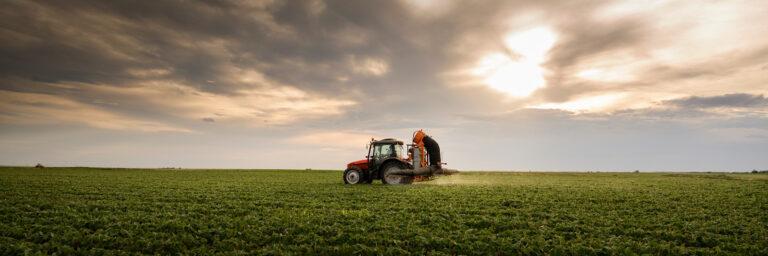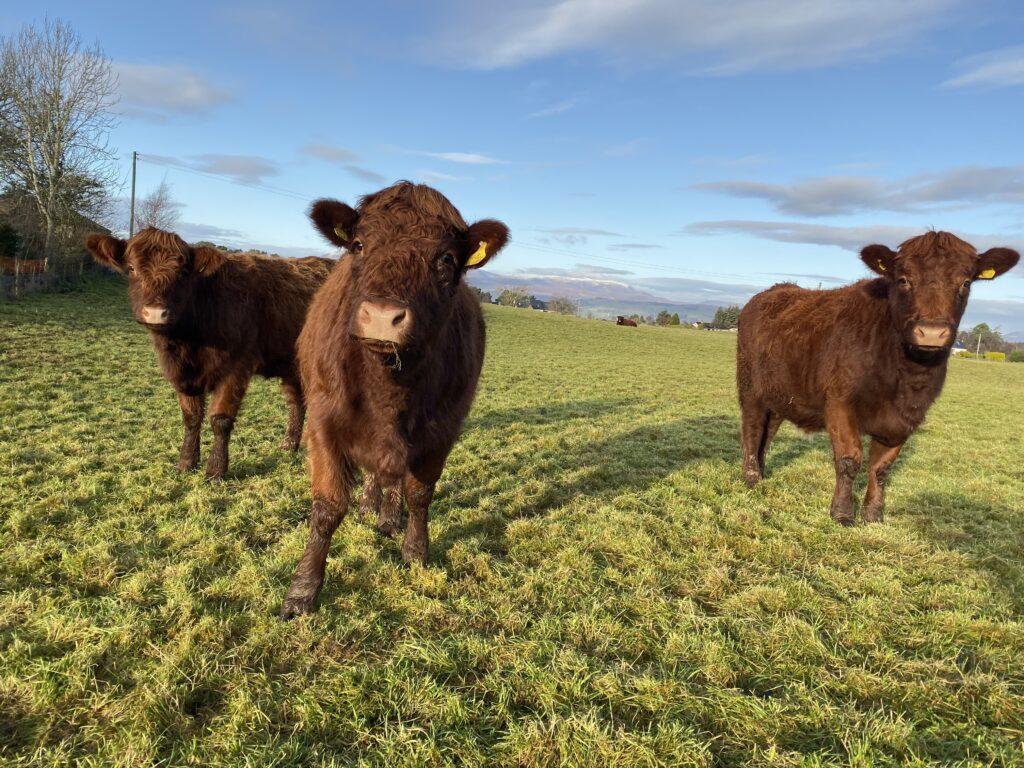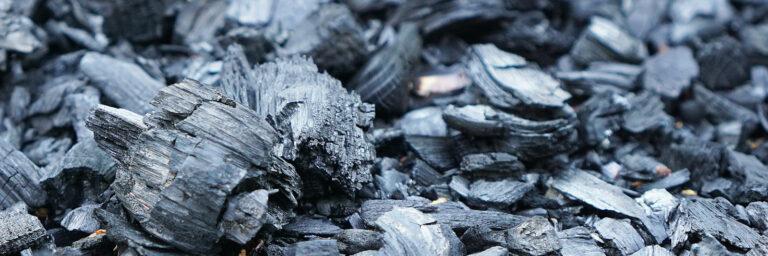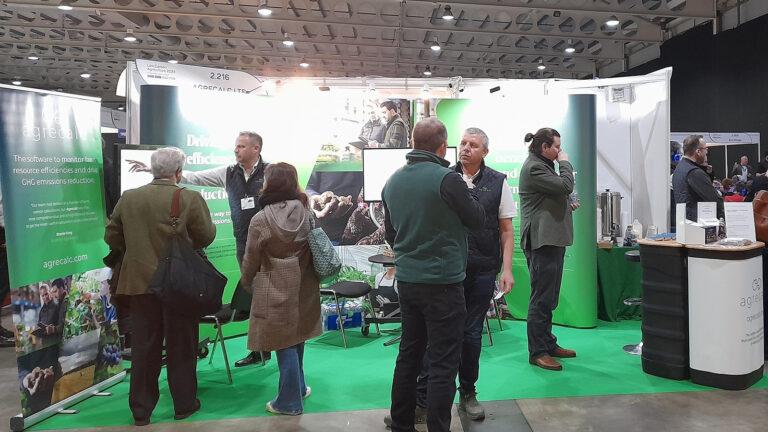
April Business Update: SRUC
After two years of operation as a Limited Company, Agrecalc became part of Scotland’s Rural College (SRUC) as of 1 April 2025.
The farm is a small family run beef and sheep unit based in the Orkney Islands, Scotland. The farm operates from one steading and covers 120 hectares, 45 hectares of which is rented in on a seasonal basis. Working with enterprises like this, the scheme was keen to highlight the importance of food production in often underrepresented Highlands and Islands communities.
The objective of the audit was to understand the business’ resource use and identify where cost savings can be made. The business used an SAC Consultant to help organise the documents and the data needed for the audit, as well as their expertise in the navigation of the software.
After having compared against enterprises of similar size with Agrecalc ‘s benchmarking capability, the savings on silage and hard feed were quite substantial.
The participants quickly realised that the information from the audit was only going to be as good as the information going in. After doing the first carbon audit, the need to start keeping better records clearly came to the fore.
During the first audit the business was estimating a lot and spent a lot of time hunting out old invoices, letters, and chits from the mart. Fortunately, armed with this knowledge, the second audit was easier as the business knew what to expect and were better prepared.
After estimating the weight of the cows based on cull weights, the business decided to get the scales through the scheme and see how heavy they actually were. It came as a shock that some of the cows weighed in at 750kg, which, for the size of the business does not make sense.

“Sometimes you must hear a message a number of times before it sinks in. It happened with us anyway. But we’d recommend auditing with Agrecalc because the change to our business has been huge.”
Orkney farm owner
After having obtained the actual weights and understanding how much feed the cows actually needed, the business started doing more with silage. The proper silage analysis and working out the accurate rations for the cows identified where savings on silage and hard feed could be made, and started relieving the pressure of having to make a surplus every year.
The benchmarking capabilities of Agrecalc against a large number of datasets – and in this case the ability to compare to enterprises of similar size – allowed for more cost savings to be made. During the first and second audit, the consultant discovered the possibility of calving the continental heifers at a younger age. This represented a big change for the business, as it was also connected to the cows’ weights, and enabled the farm to reduce cow size, save on silage, make for a more profitable system and of course reduce our CO2 emissions.
The details of the carbon audits and emissions reductions over the years can be seen in the table below:
| 1st Audit (2016) | 3rd Audit (2020) | % change |
Output (kgs) | 12,869 | 22,115 | 72% |
Emission per kg of Output (kg CO2e/kg) | 37.15 | 24.45 | -34% |
Total emissions (kgCO2e) | 499,863 | 540,622 | 8% |
Beef Emissions per kg of Output (kg CO2e/kg) | 35.09 | 42.84 | 22% |
Sheep Emissions per kg of Output (kg CO2e/kg) | 67.15 | 33.00 | -51% |
The business will continue its carbon audits with Agrecalc to identify areas where they are not performing, as well as understand whether the changes they implemented are working or not.

After two years of operation as a Limited Company, Agrecalc became part of Scotland’s Rural College (SRUC) as of 1 April 2025.

Biochar is a carbon-rich material produced by pyrolysing biomass, which offers a variety of potential agronomic benefits. In this guest article, Black Bull Biochar discusses how these effects work together to bolster productivity, sustainability, and resilience in farming.

The Agrecalc team is looking forward to welcoming you at our stand (2.844) at this year’s Low Carbon Agriculture Show, taking place on March 5 and 6, at NAEC Stoneleigh near Kenilworth.